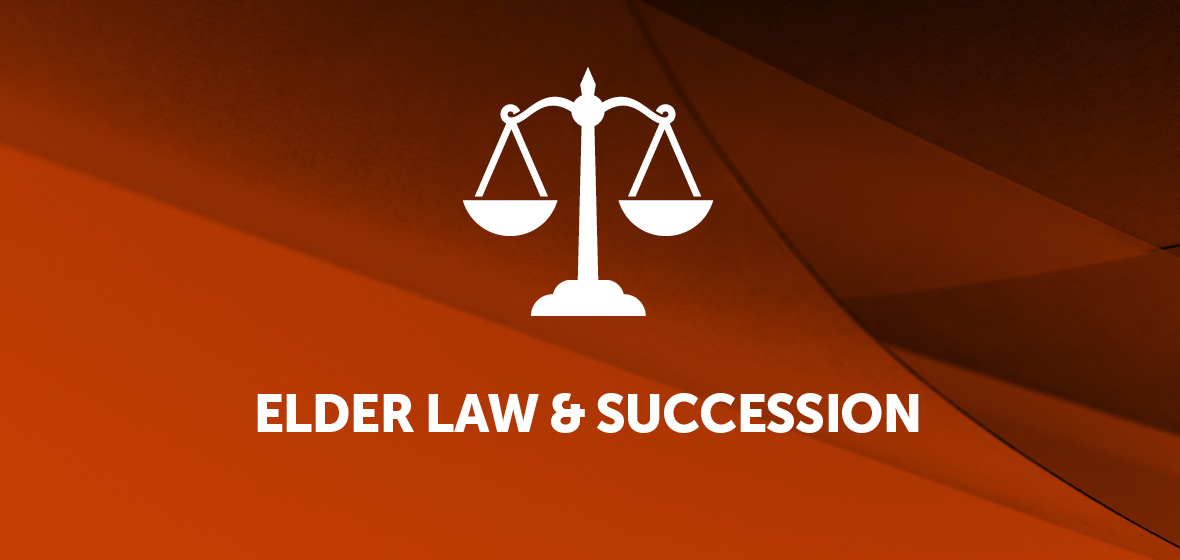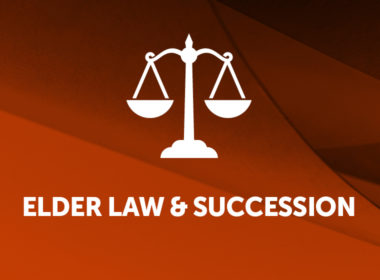Key decisions
- The Estate of Yunupingu [2022] NTSC 4
- English v Stewart [2022] NSWSC 268
- Dodd v Dodd [2022] NSWSC 199
- Gardner v Selby [2022] NSWSC 298
- Forster v Forster [2022] QSC 30
- Starr v Miller [2022] NSWCA 46
- Makripoulias v Arhontovasilis [2022] VSC 53
- Case 758577 (concerning Aware Super Pty Ltd)
Where construction of a will is needed before a grant can be made
Gurrumul Yunupingu died in 2017. He left a homemade will which didn’t appoint an executor and it gave ‘my income’ to his daughter and the Gurrumul Yunupingu Foundation, equally, but the will did not dispose of any other asset. The Court observed that: ‘depending on what assets the deceased owned as at the date of his death and precisely what is meant by “my income” there may well be a partial intestacy. Royalty income is generated by the intellectual property in the recordings made by the deceased. That property may have substantial value and it does not seem to have been dealt with in the will. Neither does the will deal with other personal property such as musical instruments owned by the deceased’ (The Estate of Yunupingu [2022] NTSC 4 (Kelly J) at [11]–[12]).
The Court observed that the gift to the daughter may be void for infringing the rule against perpetuities, and the question of whether the gift to the Foundation was charitable would need to be determined by evidence (at [24]). The Court considered these issues of construction would need to be dealt with before the grant as they went to the validity of the will (at [25]). The Public Trustee was appointed administrator pendente lite of the estate.
How an executor disputes a claim
In English v Steward [2022] NSWSC 268 (Hallen J), the Court pointed out that ‘the duty placed on the executor or administrator to pay the debts and liabilities of the estate is not an absolute one’ (at [45]).
The Court referred to sections 92 and 93 of the Probate and Administration Act 1898 (NSW) ‘Section 92 is designed to enable an executor or administrator of an estate to distribute the assets of an estate to the beneficiaries leaving out of account any claims of which she, he, or it, does not have notice’ (at [47]). This section does not allow a legal personal representative (‘LPR’) to disregard a claim because the LPR believes that it is without substance (at [53]). This is where the procedure in s 93 operates. Section 93 states, where the LPR serves the claimant with a notice disputing a claim, and the claimant does not prosecute the claim within three months thereafter, the LPR may apply to the Court for an order barring the claim.
The Court explained that the application is usually made ex parte and the LPR must make frank disclosure of all relevant information. The application may be dealt with in chambers. The supporting affidavit should be made by the LPR and depose to the date of death, the grant, the s 92 notice, the history of the claim, the basis upon which it is disputed, service of the s 93 notice, the claimant’s notification of the application, the legal assistance available to the claimant, and the claimant’s explanation for not prosecuting the claim (at [64]).


